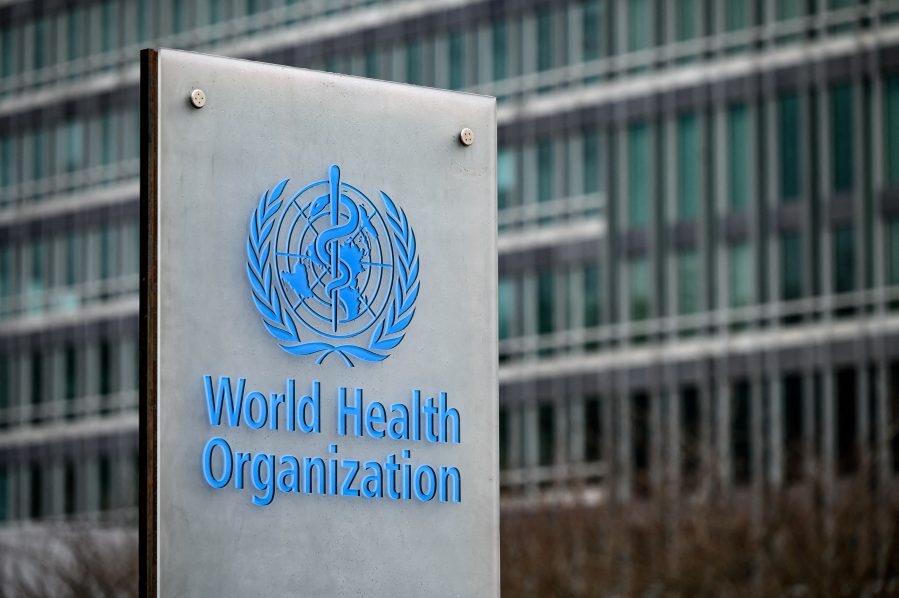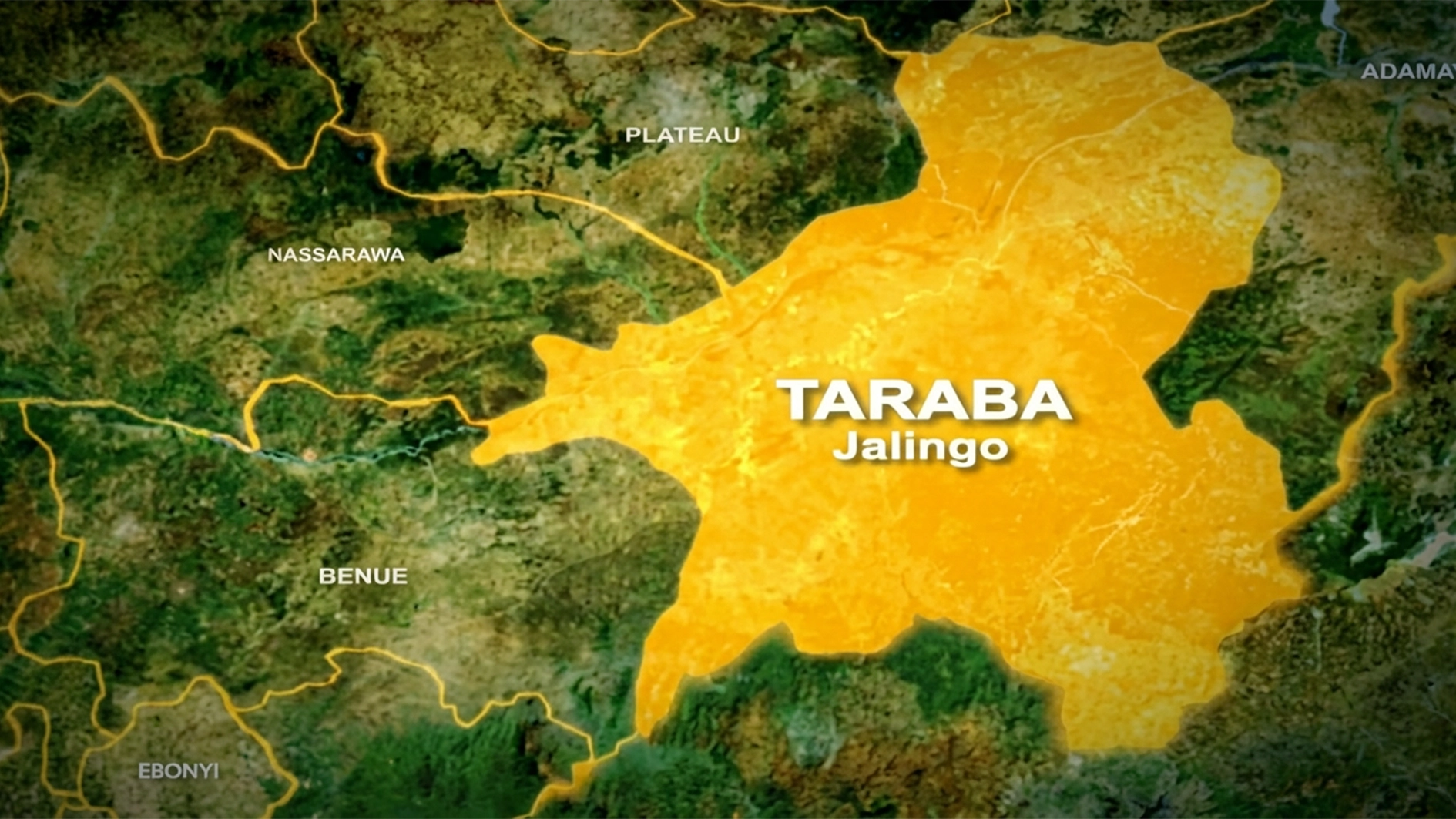
“Malaria is as old as Egyptian civilization itself, but the disease that plagued pharaohs now belongs to its history and not its future,” Tedros Adhanom-Ghebreyesus, WHO Director-General said in a statement on Monday.
“This certification of Egypt as malaria-free is truly historic, and a testament to the commitment of the people and Government of Egypt to rid themselves of this ancient scourge.”
Egypt’s success story represents a significant victory in the global fight against malaria, especially for a country with a population exceeding 100 million.
READ ALSO:PDP demands investigation into alleged shoddy Yauri road project
In the WHO Eastern Mediterranean region, Egypt becomes only the third country to receive this certification, following the United Arab Emirates and Morocco.
Egypt joins a group of 44 countries and one territory worldwide that have achieved this status.
Ghebreyesus emphasized the broader implications of this achievement.
“I congratulate Egypt on this achievement, which is an inspiration to other countries in the region, and shows what’s possible with the right resources and right tools.
In a related development, WHO is working with authorities and partners in South Sudan as the country faces some of the worst flooding in decades, affecting 42 out of 78 counties and impacting some 890,000 people.
READ ALSO:Stakeholders advocate infrastructure regeneration to boost oil production
Although heavy downpours during the rainy season between April and November often trigger floods, they have become increasingly severe due to climate change, WHO said.
So far, more than 226,000 people have been displaced, and roads and key infrastructure have been submerged. This includes 58 health facilities, while nearly 90 others are inaccessible.
The floods have exacerbated the already dire humanitarian situation in the country, which is hosting almost 800,000 refugees and returnees fleeing the war in neighboring Sudan.
Most refugees and returnees pass through Renk county in Upper Nile state, where two suspected cholera cases have been detected. Meanwhile, malaria is on the rise, with more than 120,000 suspected cases and 31 suspected deaths as of late September.
READ ALSO:Red-hot Retegui hunting first Champions League goal against Celtic
WHO has distributed about 88 metric tonnes of emergency health kits to Renk and other key locations to assist flood-affected communities.
The kits can treat over 870,000 people and include critical medical supplies such cholera treatment and antimalarial drugs.






